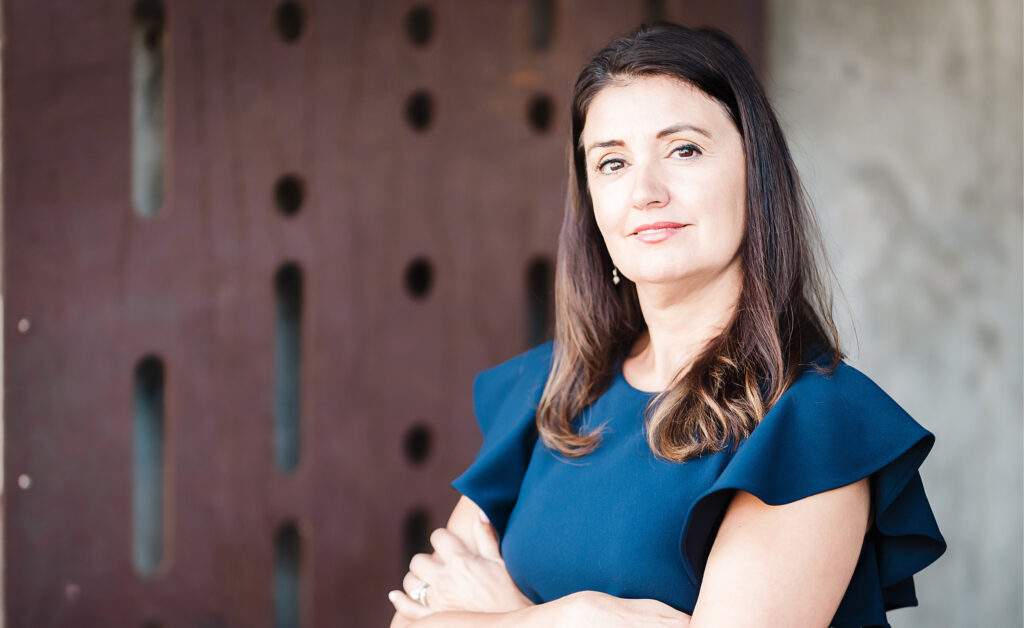by Travis Koivula, Island Savings –
Just like the birds and the bees, talking with your kids about money can be uncomfortable. But, like all of the most important lessons, starting these conversations early and revisiting them often is the best way for your kids to build a lifelong talent for responsible financial management.
Here are a few tips to help you take advantage of September’s fresh start vibes with a meaningful chat about money.
When to do it:
• Children as young as four associate the visual buildup of coins with the abstract concept of saving. It’s a great time to begin teaching your child the difference between saving and spending, what a need is versus a want and that sometimes you need to wait before you can have something.
• Studies show that a child’s financial habits are formed as early as age seven when they are most into imitating parents’ behaviour, so how you handle your finances will set either a good or bad example for your children at this age. Have your kids at your side when you pay the bills, explaining to them what you’re saving for and why.
• Bonus tip: if you have a financial advisor, bring your children along to an appointment so they can listen and ask questions about your savings plans.
A few golden rules:
• Always tell the truth.
• Keep kids in the loop when things are tough (without passing on stress). This will give your child a better appreciation for why you can’t go out for dinner or buy the latest toy.
• Start an allowance that isn’t linked to chores. Let this money cover some day-to-day expenses and then let them play with the rest. Allowances are great introductions to budgeting, giving your children the experience of both having money and running out of it.
Model good habits:
• Shop for groceries with a list and stick to it, re-enforcing the concept of needs versus wants.
• Shop with cash. Kids don’t understand the concept of credit until they first learn that when money is gone, it’s gone.
The best financial help you can give your child is information and experience – and your financial advisor can help you identify even more teachable moments if you’re unsure where to start. Bottom line: talk comfortably about money, model good savings behaviour and involve your children in household financial decisions so that they can learn first-hand what money management is all about.
Travis Koivula is a senior financial advisor with the Island Savings division of First West Insurance Services and Credential Securities.




